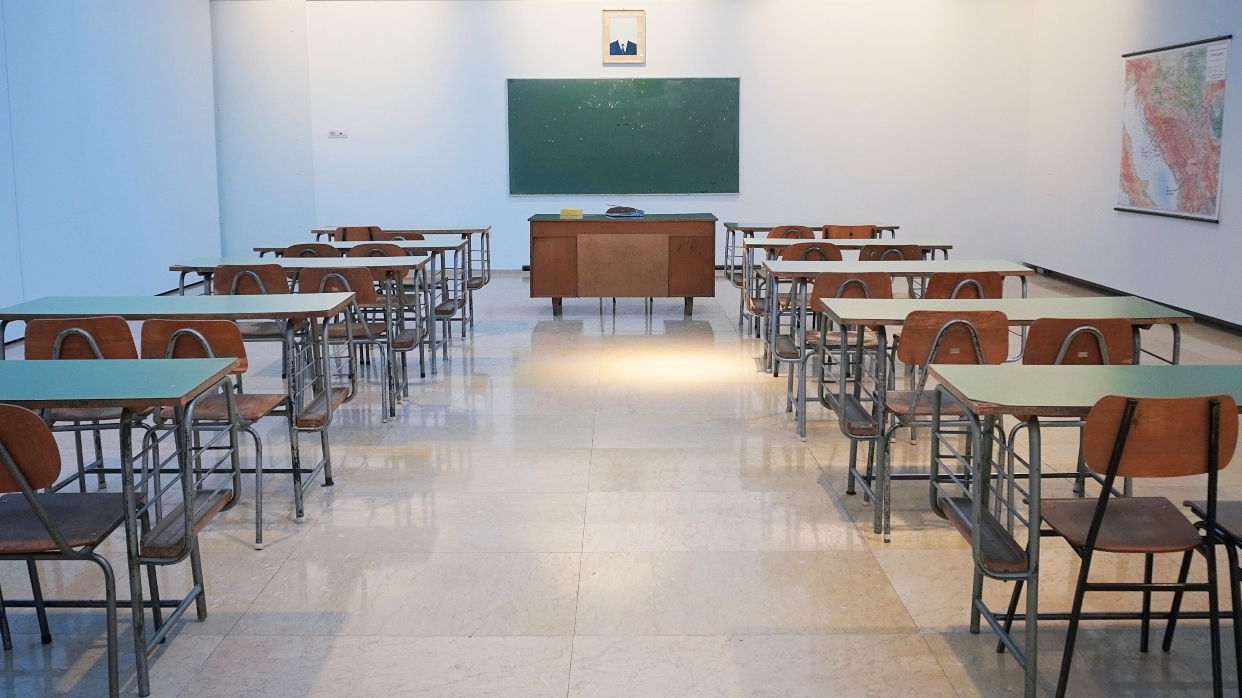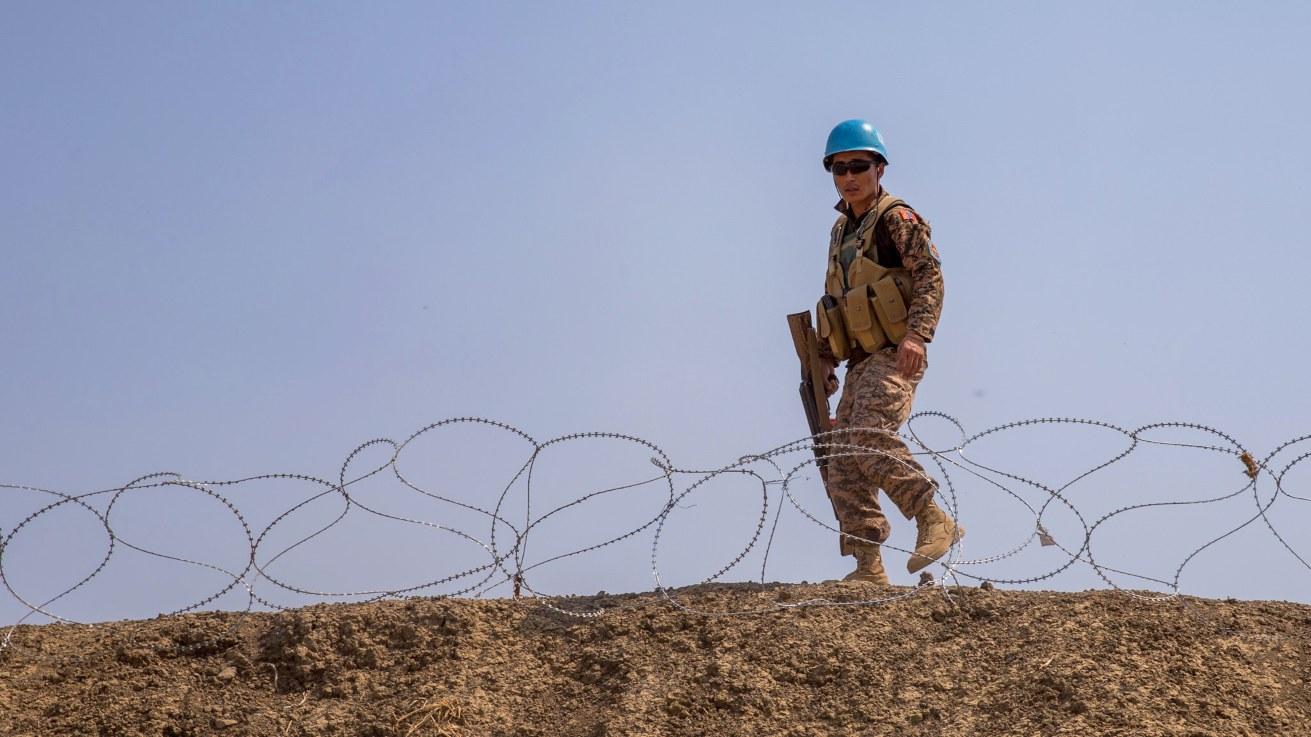The COVID-19 pandemic has renewed calls for African states to prioritise both domestic production and regional integration. East Africa’s experience over the last decade suggests that tensions exist between these ambitions. To enact the ‘Made in Africa’ agenda across the continent, economic nationalism might need a rethink alongside greater dialogue between states.
As the impact of the COVID-19 pandemic has begun to be felt across Africa, debates on how the continent coordinates a response have quite naturally focussed upon the most immediate and pressing issues. Should Africa follow other countries’ lead and impose lockdowns to contain the virus? Can Africa’s under-resourced healthcare systems cope with a widespread outbreak? How does Africa’s policy community respond to the impending economic fallout that will inevitably hit the continent?
Within the midst of these debates, others have also begun to consider Africa’s post-pandemic future and, in particular, its place within the global economy. For political leaders, business executives and policy experts alike, the COVID-19 outbreak has exposed the vulnerability of many African economies and their dependency upon global supply chains, which have been severely disrupted during the pandemic.
Regional production networks
Accordingly, it has been argued that African economies urgently need to begin developing their own industrial capacities and prioritising regional (rather than global) production networks. The justification behind this ‘Made in Africa’ agenda is that a combination of domestic industrial capacity and shorter supply chains will make African economies much more resilient against future exogenous shocks. The added bonus is that it would also bring benefits to the continent in terms of development and job creation.
Such views, however, are not unique to the African context. In the United States, President Trump has called for a ‘reshoring’ of medical manufacturing supply chains. Even within the European Union, often presented as a global champion of free trade, similar arguments are emerging. A policy brief by the European Commission and European Council has suggested that the ‘Covid-19 pandemic has shown the pressing need to produce critical goods in Europe … and to reduce over dependency on third-countries’. The point being that even the architects of globalisation seem to be tentatively questioning its benefits in the current crisis.
With that being said, though concerns over productive capacity have come under the spotlight and taken on a renewed urgency of late, they have already been a key feature of African policy making for more than a decade. From the late 2000s, many African governments began designing national development strategies aimed at promoting industrialisation and structural transformation.
In contrast to the donor-driven structural adjustment strategies of the 1990s and the poverty reduction strategies of the early 2000s, these national development plans centred upon the productive sector and appeared more open to states taking an active role in the development process. Although not heralding a return to the central planning policies of previous eras, African governments have begun openly talking about the need for strategic industrial policy and import substitution.
Misalignment between regional integration and national development plans
Regional integration has also taken on a renewed energy in recent years, with initiatives such as the African Continental Free Trade Area (AfCFTA) being framed in terms of their ability to promote productive capacities through intra-African trade and infrastructure development. The reasoning here is that having the opportunity to expand beyond national markets will offer African firms scope to grow and develop their production capabilities.
Yet, as Michael E. Odijie points out, there has often been a lack of alignment between national development plans and regional integration strategies across Africa. In 2012, the East African Community (EAC) members (then Burundi, Kenya, Rwanda, Tanzania and Uganda) launched the EAC Industrialisation Strategy. The premise behind the strategy was for industrialisation to be underpinned by leveraging East Africa’s regional market and through coordinating the EAC states’ national development plans.
In practice, however, industrial promotion by the EAC partner-states has been pursued with a national rather than regional mindset. This is reflected in recent strategies such as ‘Buy Kenya, Build Kenya’, ‘Buy Uganda, Build Uganda’ and ‘Made in Rwanda’, aimed at leveraging domestic demand and public procurement towards goods and services produced nationally. As well as going against the spirit of regional cooperation, these strategies also appear to go against the grain of the non-discrimination principles outlined in the EAC’s customs union and common market – i.e. that all goods produced in the region are treated equally across the partner-states.
The championing of national industries has also led to inconsistencies in the EAC’s common external tariff (CET) through the practice of stays of application. These effectively allow EAC partner-states to deviate from certain tariff lines set under the regional CET for up to a year at a time. Not only have stays of application grown in volume in recent years, they have been used more and more by the partner-states to increase tariff rates on certain imported goods to encourage national production. These national deviations have not only undermined the consistency of the regional CET, they have also created uncertainty with regards to intra-EAC trade, as it becomes unclear whether certain goods are eligible for duty-free treatment within the EAC’s common market.
Balancing ‘Made in Africa’ with nationalist development
The key point is that East Africa’s experience suggests that the complementarities between industrial strategy and regional integration are not so clear cut as proponents of the Made in Africa agenda suggest. This is not to suggest that initiatives such as the AfCFTA are not laudable endeavours. As Andy Mold and Anthony Mveyange point out, African countries have struggled to integrate into global value chains. There is a strong case to be made that, in a post-pandemic context, African leaders should prioritise regionalisation over globalisation.
In the EAC, the region’s private sector has called for a post-pandemic regional economic recovery plan under the banner of ‘Buy East Africa, Build East Africa’. Although the initial response of EAC states to the pandemic was quite fragmented, there are some tentative signs that dialogue is once again re-emerging across different parties in the region. However, for a regional response to be effective, the EAC members will have to abandon the economically nationalist practices that have defined regional integration over the last decade.
All this does not mean that the demands of national development should be wholly subordinated to those of regional development. But, for the Made in Africa agenda to become a reality across the continent, there arguably needs to be a greater acknowledgement concerning how the two are balanced in practice.
Photo: Kigali, Rwanda. Credit: Brian Harries licensed under creative commons (CC BY 2.0).






You make some strong arguments about the importance of regional strategies taking prevalence over purely national ones. Europe has also suffered from the same tendencies in the past. But if regional integration is to work, then there is a responsibility on national authorities to stress, wherever possible, the regional dimension rather than narrower national interests. When push comes to shove, unfortunately, politicians often struggle with this notion…